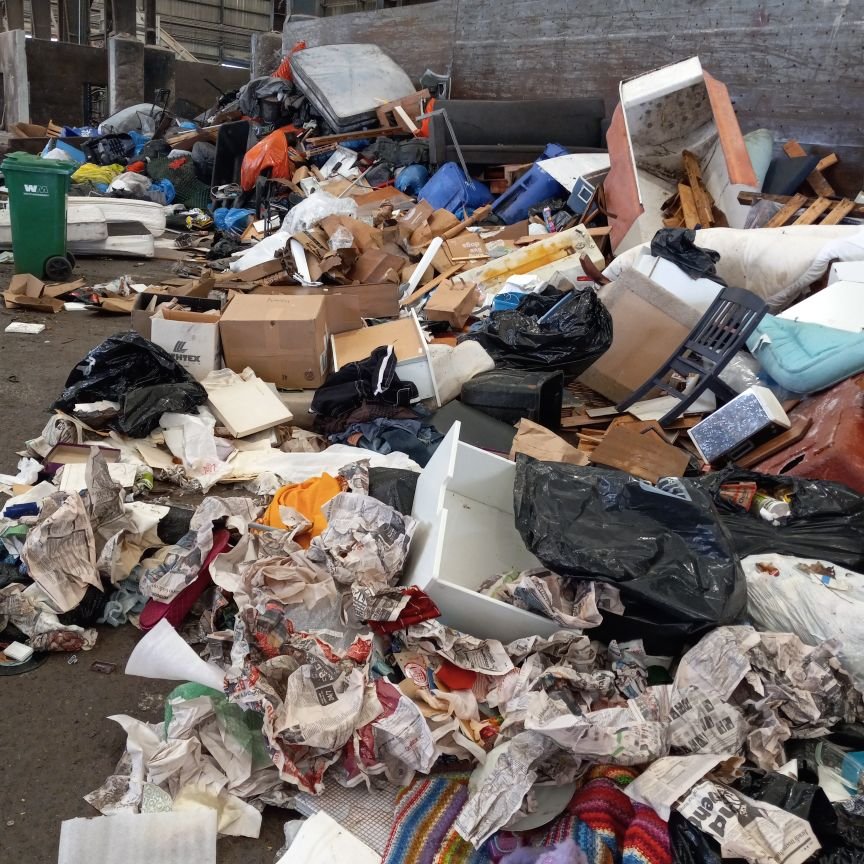Professional Advice on Reclaim Waste Liquid Waste Removal and Industrial Waste Water Treatment
Professional Advice on Reclaim Waste Liquid Waste Removal and Industrial Waste Water Treatment
Blog Article
Enhancing Environmental Sustainability With Strategic Fluid Waste Removal Solutions
In the world of environmental sustainability, the reliable administration of fluid waste stands as a vital focal point in protecting our communities and guarding public health and wellness. The detailed web of obstacles surrounding liquid garbage disposal requires a critical method that goes past conventional techniques. By exploring sustainable remedies tailored to particular contexts, sectors can not only reduce ecological injury but likewise unlock lasting benefits for their operations. As we browse the intricacies of liquid waste removal in today's landscape, it ends up being significantly evident that a positive position is crucial. Let us begin on a trip to reveal the transformative potential of tactical fluid waste monitoring techniques in enhancing environmental sustainability.
Significance of Liquid Waste Management

One of the crucial factors why fluid waste administration is necessary is its straight effect on public health and wellness. Proper administration of liquid waste helps avoid these health and wellness risks and guarantees the well-being of the population.

Obstacles in Fluid Waste Disposal
Offered the critical value of correct fluid waste management in protecting public health and wellness and ecological health, it is essential to deal with the many obstacles linked with fluid waste disposal practices. One significant challenge is the lack of sufficient facilities for the collection, treatment, and disposal of liquid waste. Numerous regions, particularly in establishing countries, struggle with inadequate facilities and resources to deal with the enhancing volume of liquid waste generated. This results in improper disposal methods such as dumping in water bodies or unauthorized landfills, posing significant wellness threats and ecological contamination.
An additional difficulty is the presence of unsafe substances in fluid waste, including chemicals, heavy steels, and microorganisms. Correct identification and treatment of these harmful elements require customized understanding and equipment, which might not always be conveniently available. In addition, the expense of executing secure disposal methods can be prohibitive for some districts and markets, bring about further and non-compliance ecological damages.
Sustainable Fluid Waste Solutions
Amidst the pressing requirement for efficient fluid waste administration strategies, the important of sustainable options arises as a vital problem for ecological conservation and public wellness. Lasting fluid waste options incorporate an array pop over to this site of cutting-edge modern technologies and methods intended at minimizing the ecological effect of waste disposal.
Moreover, sustainable liquid waste solutions prioritize the preservation of water sources with the implementation of water recycling and reuse strategies. By repurposing and dealing with wastewater for non-potable applications like watering or commercial procedures, these services contribute to water preservation initiatives and decrease the strain on freshwater resources. On the whole, the assimilation of lasting liquid waste solutions not just sustains ecological sustainability however also cultivates a much healthier and much more resilient culture for future generations.
Benefits of Strategic Removal Practices
Strategically carried out elimination practices play a vital duty in optimizing fluid waste monitoring systems for environmental sustainability and public health and wellness defense. By adopting calculated elimination techniques, organizations can substantially lower the environmental impact of liquid waste disposal.
Moreover, these techniques advertise source recovery by allowing the extraction of useful products from fluid waste streams. This not just lowers the reliance on virgin resources however likewise supports the round economic situation concepts of reuse and recycling. Furthermore, tactical removal techniques can boost operational efficiency and cost-effectiveness by improving waste administration processes and optimizing resource allotment. In general, the benefits of strategic removal practices expand past ecological sustainability to include economic advantages and improved public health end results.
Applying Efficient Environmental Strategies
Reliable application of environmental approaches is vital in achieving lasting liquid waste monitoring methods. To start with, firms need to conduct thorough environmental assessments to determine potential threats and effects linked with their liquid garbage disposal processes. By recognizing the environmental implications of their operations, companies can establish targeted approaches to lessen harm to ecological communities and public health and wellness.
Furthermore, carrying out effective environmental approaches involves establishing clear goals and goals for fluid waste administration - Liquid waste additional resources removal. These goals must be specific, measurable, possible, relevant, and time-bound (WISE) to ensure responsibility and track progression towards sustainability targets. Companies can likewise utilize technology and development to maximize fluid waste treatment procedures, lower resource usage, and improve total efficiency
Partnership with governing firms, stakeholders, and environmental experts is one more vital aspect of successful technique application. By involving with exterior companions, companies can gain important insights, gain access to sources, and make certain conformity with ecological laws and policies. Generally, a positive and critical method to environmental management is vital for reducing environmental risks and promoting long-term sustainability in fluid waste elimination techniques.
Final Thought
To conclude, calculated liquid waste removal he said services play a critical role in enhancing ecological sustainability. By addressing the obstacles in liquid waste disposal and implementing lasting methods, we can decrease the negative influence on the setting - Reclaim Waste. It is vital to focus on effective ecological methods to make sure the long-term wellness and wellness of our planet
By applying efficient waste management techniques, such as appropriate collection, therapy, and disposal techniques, the risks linked with liquid waste can be significantly minimized.
Given the essential value of proper fluid waste management in securing public health and ecological well-being, it is imperative to attend to the numerous difficulties associated with liquid waste disposal techniques. Sustainable fluid waste solutions include an array of innovative modern technologies and practices aimed at lowering the environmental effect of waste disposal.Purposefully executed elimination techniques play an important duty in optimizing liquid waste administration systems for ecological sustainability and public health security. On the whole, a proactive and calculated method to ecological monitoring is important for alleviating ecological threats and advertising long-term sustainability in liquid waste removal methods.
Report this page